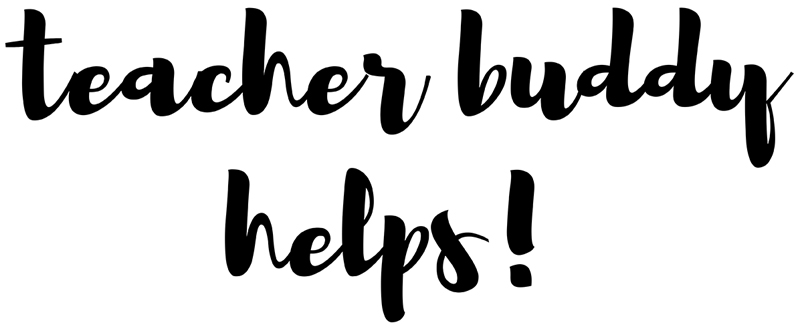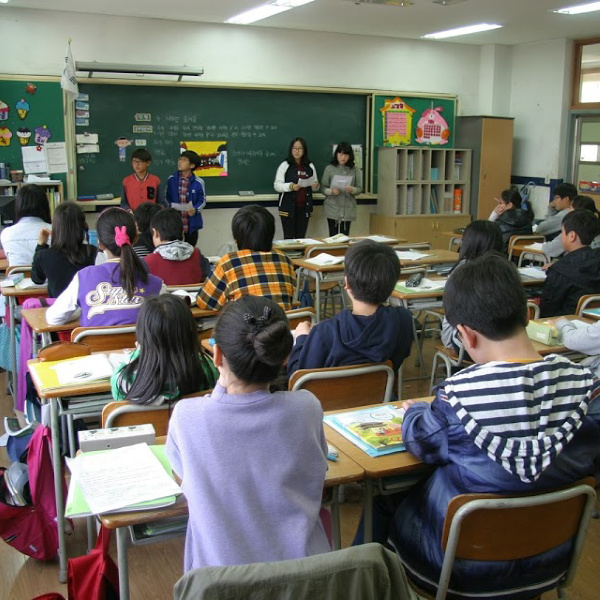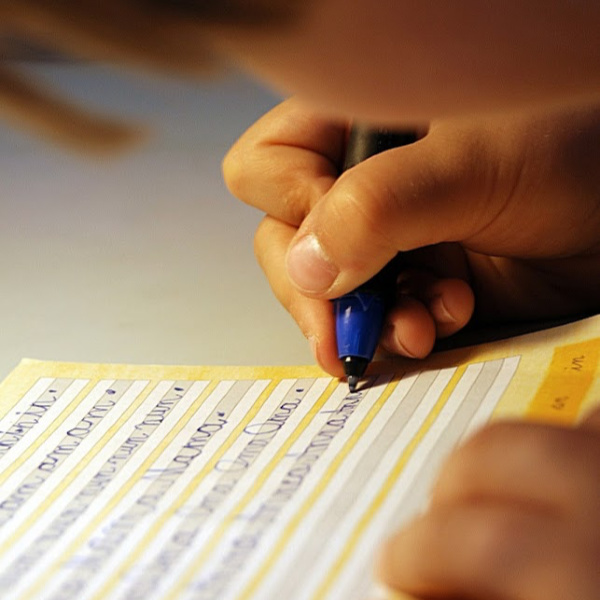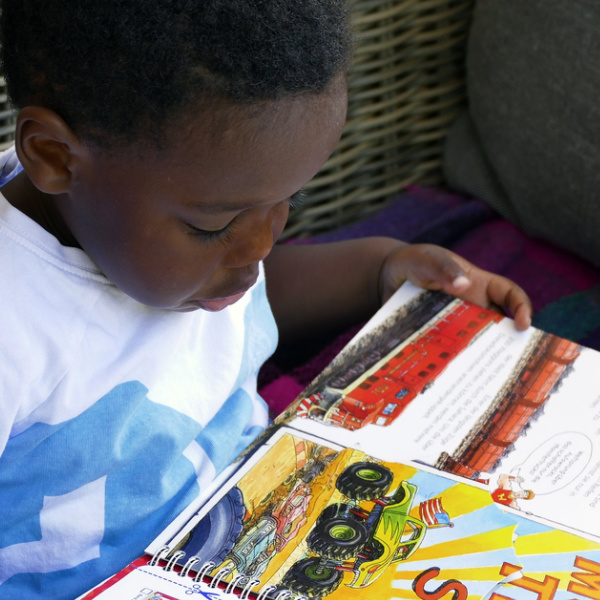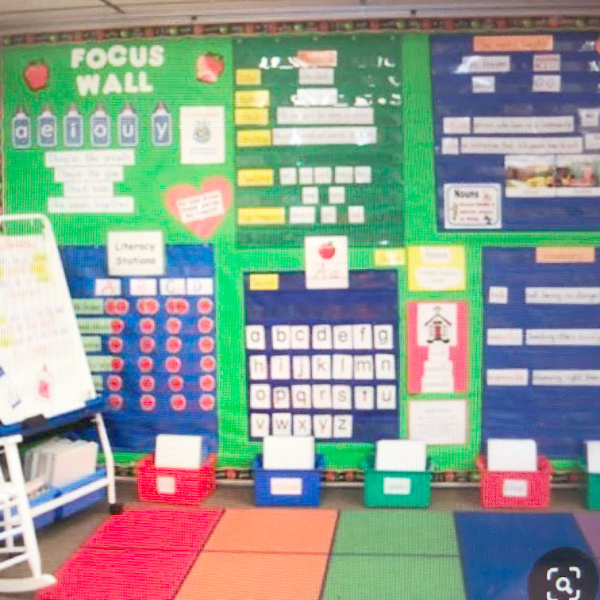How important is Reading Aloud to Your Class?
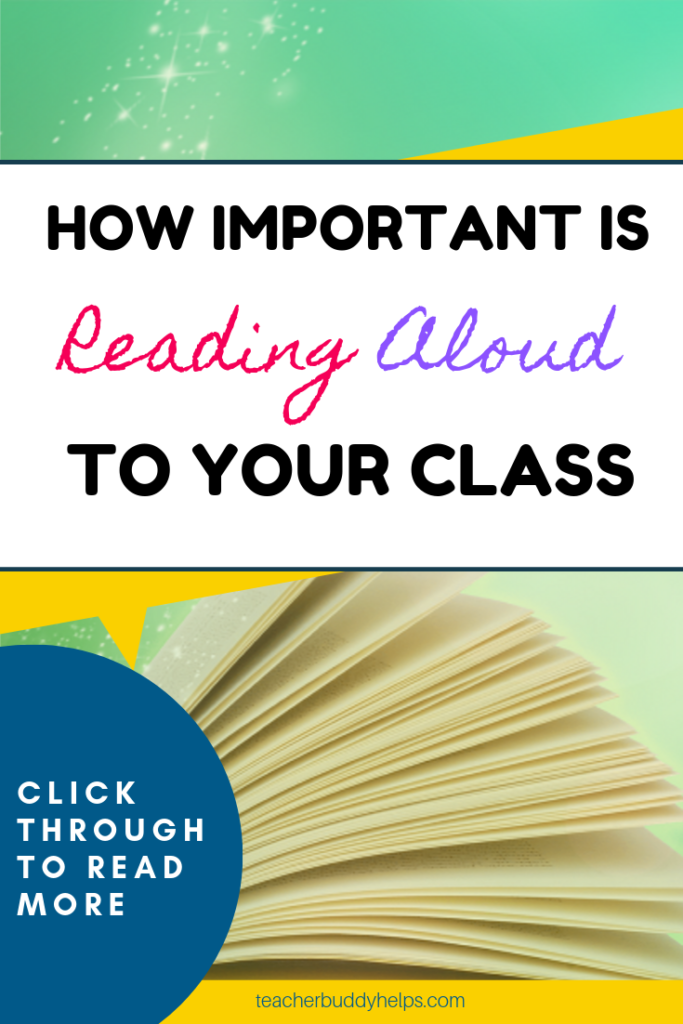
How important is Reading Aloud to your class? Every year I hear this debate come up for discussion. Teachers worry that they might be wasting valuable class time if they add “Reading Aloud” to the day.
Believe me, it is extremely IMPORTANT for you to read aloud daily to your class!!!

**
Building a daily habit
When you model reading aloud to your class, you are setting the example that reading is enjoyable. So many students these days aren’t exposed to the magic of books and stories.
When we read our anthologies (or their reading book) during the reading period or a novel for an academic purpose, this is not the same for children. Those stories are for class WORK. As a group, you dissect these books to learn other skills that are taught in your particular grade-level.
By reading daily (or almost daily), you build the habit into your daily class schedule. As your students get used to it, they will quickly remind you when it is time again for your story.
If you are interested in a FREE downloadable Classroom Routines Checklist, you can get mine here.
**
Teaching the love of reading
From first-grade forward I try to incorporate chapter books into this daily period. Keep in mind that the book you are reading aloud to your students does not have to be at their reading level.
I’m not implying that you read “War and Peace” to six
Those of you who have taught for a while might be saying, “but those stories are in the anthologies for another grade-level (and sometimes they are).
But the thing about reading aloud is that you are sharing the story, not analyzing it. So if they end up reading it on their own a few years later, all the better.

**
When to fit this into your (already busy) day?
I’m sure your next question is, “How do I squeeze this into the day?” What I did during my years of teaching was to read aloud daily right after lunch for about seven to ten minutes. I found that this allowed my students to calm down after coming in from the playground.
They would sit quietly, I would call tables to get drinks, and while they were getting drinks I would begin reading to them. I allowed them to sit quietly, put their heads down, and they could even draw or doodle if they wanted to.
Side note, I know some of you are thinking, “They should get their drinks of water while they are outside and you shouldn’t use class time to do this.” I found (over the years) that as often as you told children to get drinks before coming in, they wouldn’t – because they were too busy playing. When I started allowing drinks during this time it really helped.
I believe their play is important too. I even wrote another article about this that you can read here. 12 Lessons Learned from the Playground.
What skills are they learning as they listen to you read?
There are quite a few things that students learn while listening to you read. First of all, make sure that you are reading the book “with expression”.
Get quiet when reading a serious section, get louder as the story is becoming exciting. Add sorrow, fear, timidness, wonder, anger, excitement, joy, awe….into the reading.
Another thing they are hearing is new words. By reading a book beyond their grade level, they are being exposed to many new words and phrases.
It’s ok to stop when needed to explain a word or concept. This is especially important for second language learners. If the story is talking about “going on a date in a red convertible bug,” you need to tell them that it was a kind of car back in the 60s-80s.
Once when I was reading the “Island of the Blue Dolphin” I interjected that a ‘BULL‘ was a male seal. I could see some of my third-graders getting a confused look as I was reading ‘BULL’ so I paused to add this little bit of information to make it more comprehensible.
Don’t tie this story or novel (in any way) to WORK!
It’s extremely important to NOT ADD ANY WORK to this book/ story. This book is to be for enjoyment only. If you add work or a test to this content then you are taking away the “ENJOYMENT” part of this.
It is extremely important that students see and learn that reading is enjoyable. Especially in this day and age of computers and apps and games and social media. Students need to learn that they can escape into a great book in much the same way that they can into a movie.
One year I read “Sarah Plain and Tall” to my third-grade class. After we finished the book I allowed them to watch the film during a reward period. I got immense pleasure when quite a few of the students told me afterward that the book was so much better than the movie.
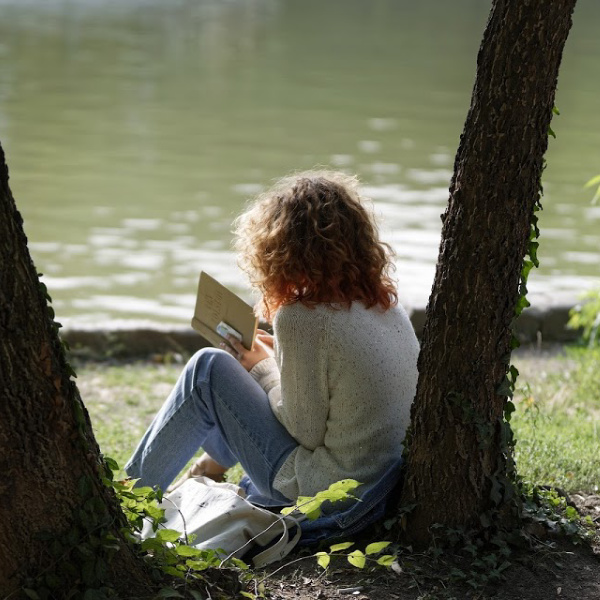
**
How to transition from reading.
I made sure that I religiously (well, most of the time) stuck to the time frame (no more than 10 minutes). When we reached 10 minutes, I would put a little pencil mark next to the paragraph that I needed to begin with the following day. Sometimes on Friday (if I was very close to the chapter
How to find appropriate books to read aloud
First of all, ask your school librarian if she has some recommendations. Ask her what books are popular for students two grades above yours. Another way is to look through the Scholastic book order items. Often you can find one that looks interesting.
Ask other teachers if they have favorites. If you read a book from a large series (such as “Harry Potter” books, I suggest to only read one book from the series. While it my be a favorite for some students, others may not like it. AND you need to expose your students to many different authors.
I hope this article answered many of your questions about reading aloud to your class. Let me know how it goes for you.
Until Next Time,
Your Teacher Buddy
And just in case you are interested in some other interesting articles, here are a few:
How to ROCK Your Grade Level Change Like a PRO!
7 Highly Effective Instructional Practices to Increase Student Engagement and Impress Your Principal
Instructional Practices; 3 Projects + 3 Reports = 6th Grade
